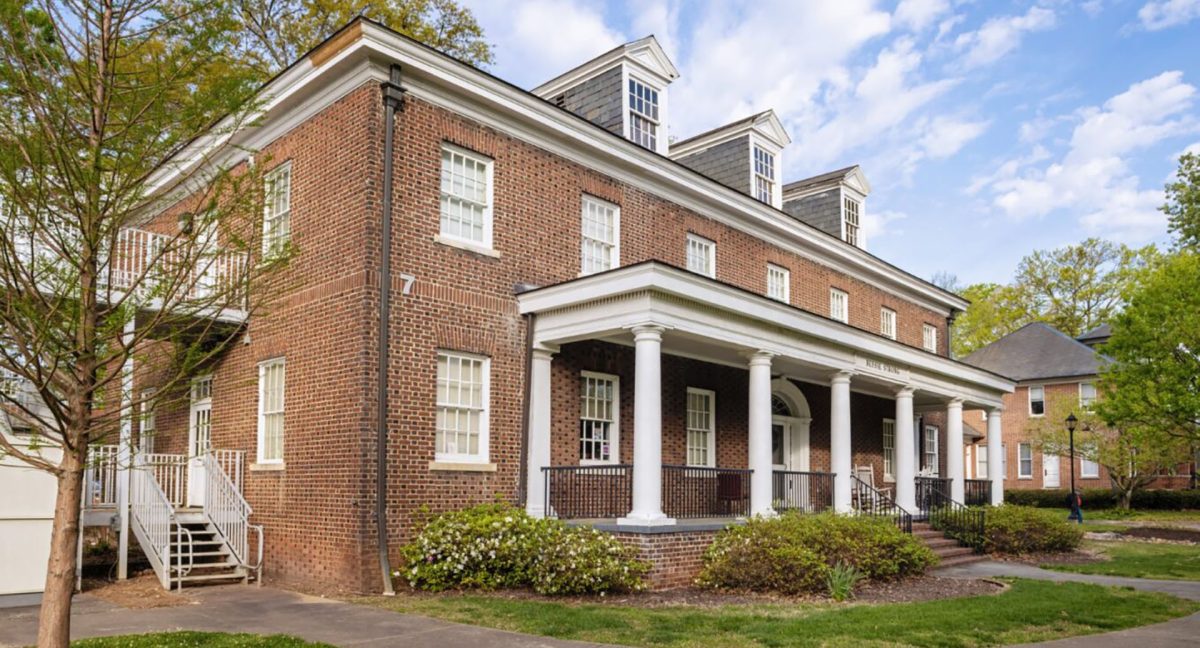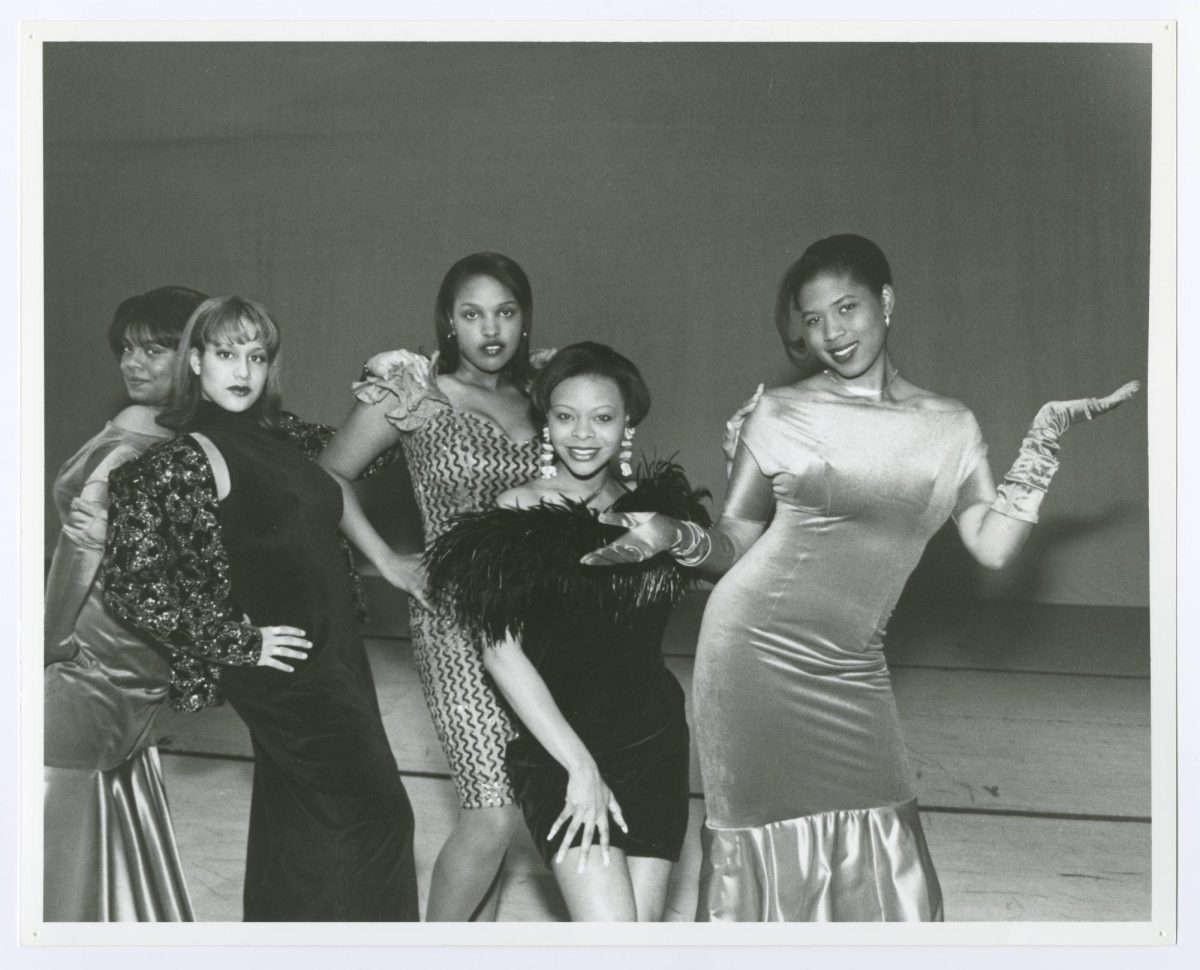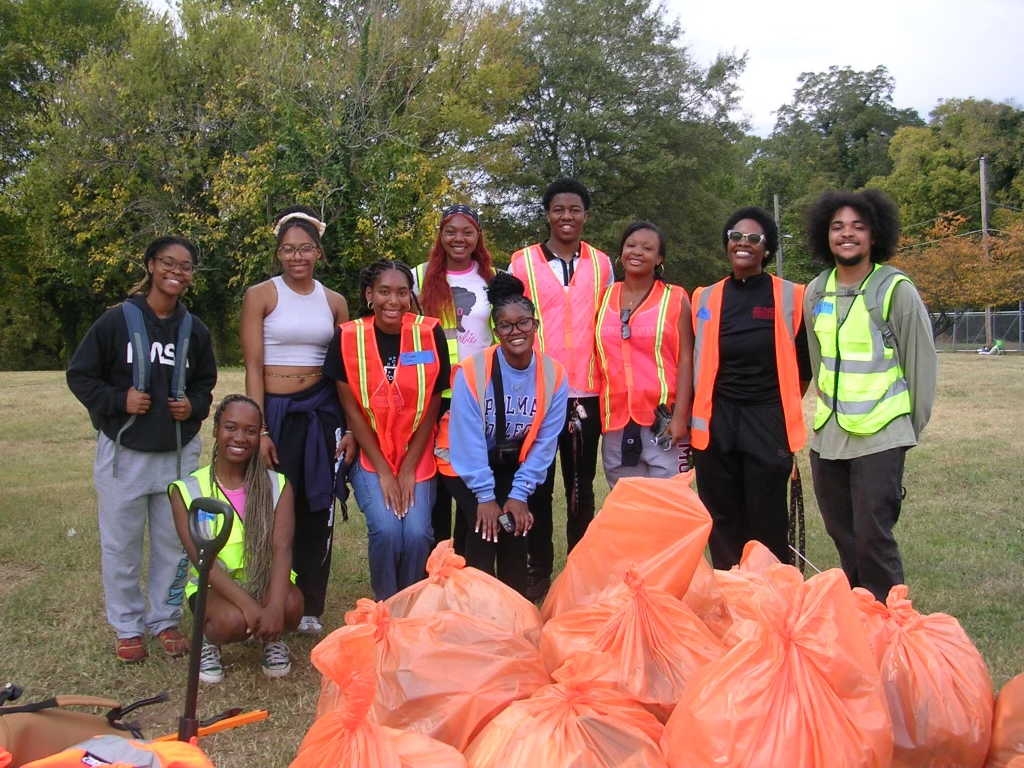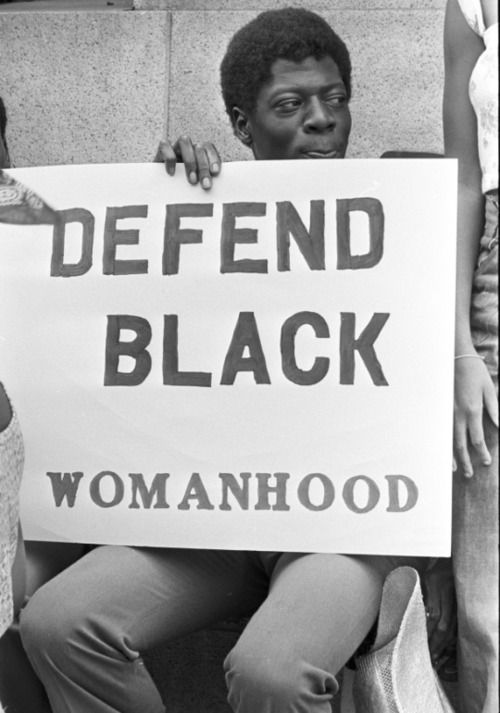“How do I love thee? Let me count the ways.”
Love. A four-lettered word used and reframed so much in modern-day society that it has grown trite in its usage.
“I love you.” It’s a common expression, once shared solely amongst significant others and now used almost colloquially between friends or even some acquaintances. “I love you”, but I don’t know you. “I love you” because I feel compelled to say it back. It’s a word, sentiment, and phrase that has been stretched and contorted so much that one says it to me, and I’m bemused by how they wish for me to respond. For love has now begun to feel ordinary.
I miss when love was selective. Sue me for sometimes being a hopeless romantic, but I miss when “I love you” was said not out of obligation but because one knew they wholeheartedly felt it. Why is love no longer equated with passion? With profound love poems and handwritten song lyrics that must be inscribed because the love, you feel for this person warrants some documentation of permanence.
I miss when love wasn’t a shameful act but rather something that could be unabashedly professed. Hold a boombox outside my window at 2 am with your love rnb playlist shuffled, and rest assured you’ve won me over.
Currently residing in predominately Black spaces, the notion of love is always referenced with respect to the past instead of the present. “I want that 90s Black love” is a widespread phrase shared within my friend groups, speaking to films like Love & Basketball, Love Jones, The Best Man, and more.
If my love story isn’t like the ones Nia Long or Taye Diggs portrayed, then I don’t want it! Yet, when one looks at the state of love then vs. now, I fear 90s love is a contrived allusion. Given younger generations now have phones, dating apps, and numerous situationships, the effort applied to 90’s love-type relationships has fleeted, leaving behind ephemerality…
Aiming to redefine what love can mean within the Black community, students within the Atlanta University Center (AUC) offered to share their Black love stories.
For Clark graduates, Sojourner Marable Grimmett and Roland Grimmett, love signifies “maintaining open communication and never giving up on each other.”
Meeting the second semester of their freshman year, both mention how “fate brought them together” as their relationship evolved from classmates to lovers, leading them to tie the knot in 2005.
“She immediately made my life better,” mentions Roland, where something as simple as her smile or acts of love like Sojourner purchasing food for him during their time at Clark when he couldn’t afford a meal plan enhanced the love and care they had for each other.
For the couple, “loving someone signifies a deeper, enduring connection characterized by care, respect, and a profound emotional bond.” It’s a sentiment where, regardless of distance, conflicts, or constraints, you have fostered an understanding and a foundation of trust where you know no matter what, this is your person, and you can’t envision a life without them in it.
When one thinks of love, they typically associate it with some type of connection. It’s an immense feeling of deep affection that one fantasizes about predominately because of the glamorized portrayal of it through forms of media. Yet, what if my type of love isn’t typically depicted in films or popular TV shows? A queer black girl isn’t really the epitome of “Hollywood cinema”.
I laugh whilst typing this, but my statement isn’t entirely false, as why can’t depictions of Black love include all types of Black love? “Black Queer Love is very sparse in media” mentions
Raihanna, a queer student at Spelman College. She feels such limited content is a shame, considering “Black representation in the Queer community highlights a new culture that many Black youth are unfamiliar to as there’s an influx of non-Black media representation that can make Black youth feel isolated and insecure in their identity.”
For Raihanna, Black love includes Queer love. Describing her relationship with her girlfriend, Raihanna defines their Black love as “an unspoken bond that is truly unconditional and can not be explained.”
From her girlfriend’s laughs to characteristics like her drive and ambition, Raihanna finds love in her partner by admiring everything about her and knowing that she will always be there, loving her, even at her worst.
Queer student Cameron Price holds similar sentiments about Queer Black Love, as from a racial perspective, there’s an unspeakable romantic bond in being able to “be your blackest self with another person.”
With Black love, you aren’t hindered by having to overexplain experiences that pertain to your identity, as you already have that understanding and are able to “love your blackness collectively.”
Being with their girlfriend since their freshman year of high school, Cameron mentions how, for nearly 5 years now, they’ve been with “their other half.” Staying by each other’s side through the pandemic, long distance, and their respective family’s ignorance surrounding their sexualities, Cameron remarks how their girlfriend “makes everything way easier, life way happier, and everything brighter.”
Seeing each other grow as partners and individuals since they were 14 and 15 years old, Cameron speaks of a sense of connection, where they’ve grown to realize “that’s their girl.” It’s a love that goes beyond the surface, as in that being their #1 person no matter what, they know love is boundless, so “I’mma love you from over here, I’mma love you from afar, and I’mma love you even if you’re across the country.”
Over time, they’ve learned to work through such encounters and find healthy boundaries when addressing conflicts, like taking a second for themselves to regroup and decompress. Stories like Cameron’s, Raihanna’s, Sojourner ‘s, and Roland’s speak to the power of Black love and how such love can come in a multitude of forms.
Black love is beautiful, enduring, and powerful…here’s to everyone who has found their someone and those who are still looking for them. <3







Morgan Edwards • May 23, 2024 at 10:34 pm
Love love love this kennedi!!!! Amazing job